(AfroGamers.com) In December 1987, Capcom released a game that would be the beginning of a franchise: Mega Man. At the time of its release, Mega Man was a ground-breaking platformer that gave players the closest thing to Konami difficulty without going full Contra.
Mega Man in a Nutshell
The storyline of the core Mega Man series is that in the year 200X, Dr. Wily, a robotics engineer, goes rogue after not receiving the same recognition for his work as friend Dr. Light.
Wily begins creating powerful robots to wreak havoc on the world prompting Dr. Light to convert his best robot—Rock—into Mega Man. Affectionately called “The Blue Bomber”, Mega Man is basically like Astro Boy—who was a robot version of Pinocchio.
Throughout the main series, his most iconic power is the ability to take the elemental ability of the Robot Masters (highly advanced robots that serve as bosses in each game).
Once Wily and his Robot Masters were defeated, peace returned to the world only for Wily to show up with another rotten plot in the next game.
The interesting thing here is something I brought up when going into the Sonic games: how much 80s game designers were able to mention story-wise in the instruction manual.
As it was in the 70s, 80s, and into the early 90s, the gameplay rarely explained the plot unless it was an RPG. If you were renting this game from a video store, you weren’t going to know the plot. You were just thrown into things and left to rip through stages.
Of course, that worked since a lot of platformers were similar in execution. Once the Mega Man games hit the Super Nintendo, we started to see more story in the game.
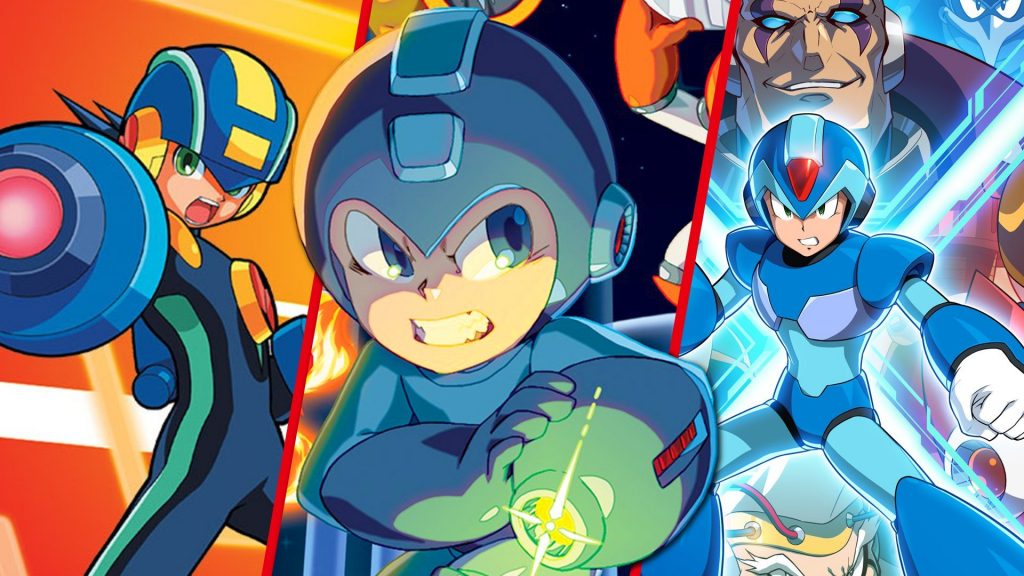
A Beacon of 80s and 90s Gameplay
The gameplay in Mega Man was pretty stock platforming. Remember, the Nintendo Entertainment System had tons of games that were considered “Nintendo hard”.
This was a combination of poor programming in some games and the technology just not allowing for crisp, accurate movements. Timing and landing jumps and shots was something that gamers from that time had to master to compensate for stiff controls—or at least stiff by today’s standards.
MM at its core is a run, jump, and gun franchise. As the franchise matured, a few features were added to modernize the gameplay while tried-and-true features were improved.
This is where Capcom was at its most consistent in experimenting with features. A few gamechangers for platformers that we saw in the original MM series include the running slide, the charged attack, and the wall climb.
Also, when I mentioned Dr. Wily’s Robot Masters all had an elemental ability of some sort? This was an essential combat mechanic. When developing the first game, a “rock, paper, scissors” approach to combat was chosen.
That means certain elements or attacks will be more useful against certain enemies. It’s similar to a fire-type Pokémon being super effective against a grass-type. In this sense, Capcom was way ahead of others.
Growth of the Franchise
By the mid-90s, Capcom began expanding the franchise. In December 1993, the Mega Man X franchise started followed by the Battle Network series in 2001, the Zero series in 2002, and the ZX series in 2006.
Capcom saw that the Mega Man/Rockman character was still marketable and managed to keep the ball rolling. What I love about this is that several of the above-mentioned series—X, Zero, and ZX—were canonical continuations of the original series.
These weren’t just a bunch of reboots of the original story. Capcom actually attempted to build on the lore at a time when other classic, ongoing franchises were basically presenting new, unlinked adventures.
It’s something that always bothered me about franchises from the 80s that are still seeing games. The gameplay is rarely bad in the games I’m alluding to but the lack of strong story links between games? Not a fan.
That aside, the franchise as a whole has always been solid at the minimum. I’m big on the Battle Network games but the Zero and ZX games are very good. These three series are all on the old Gameboy Advance handheld which makes sense as the GBA was beast for platformers and RPGs.
Why the Original Series Should’ve Continued
Capcom started to have this weird relationship with the Mega Man franchise in the late-2000s. The consistency with the main series ended by 1999 with the last proper game in the series being MM 8 in 1996.
That is until MM 9 in 2008 then Mega Man 10 in 2010. After that, we didn’t see MM 11 until 2018. The X series ended in 2005, the Zero/ZX series ended in 2007, and Battle Network was wrapped up in 2009.
In that 2010 to 2018 gap, Capcom could’ve done with both a regular platformer and a series that all audiences could play. Street Fighter always thrived and was usually geared towards teens and older. The same could be said for Resident Evil, Monster Hunter, Dragon’s Dogma, and Dead Rising.
MM still had a place in Capcom even went in this direction as it was also the most marketable to multiple demographics without having to adjust it. Just like Sonic and its come from behind revival, MM could’ve been a bigger media franchise in the 2000s and 2010s than it was in the 80s and 90s.
Staff Writer; M. Swift
This talented writer is also a podcast host, and comic book fan who loves all things old school. One may also find him on Twitter at; metalswift.

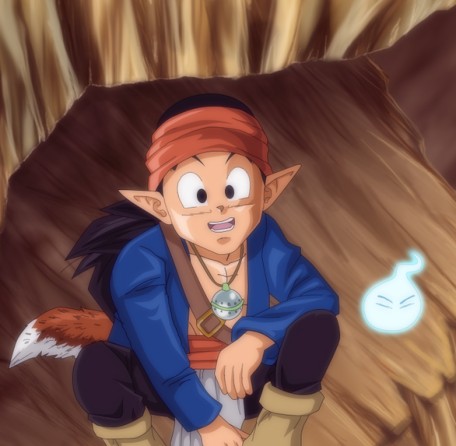
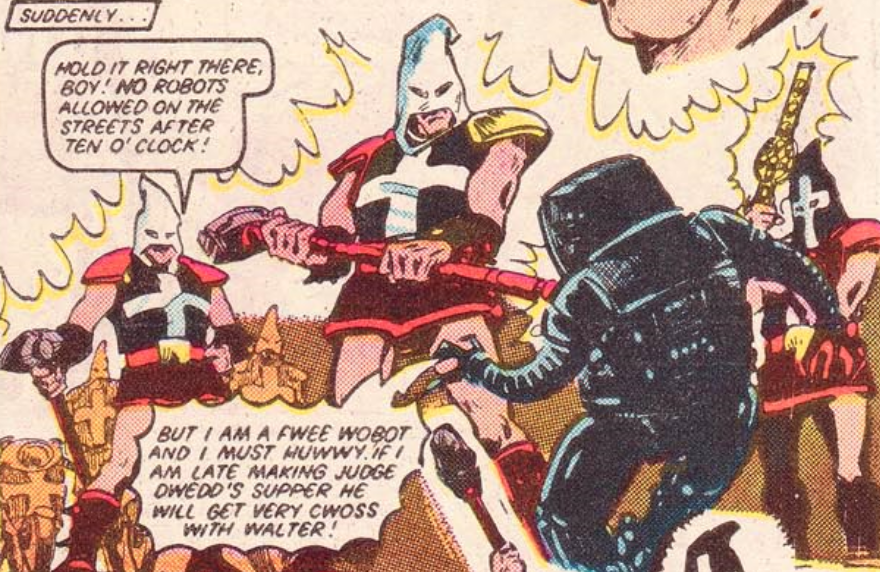




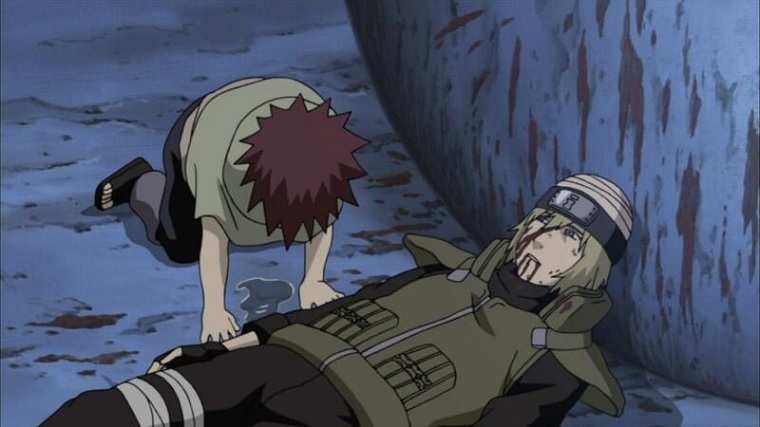


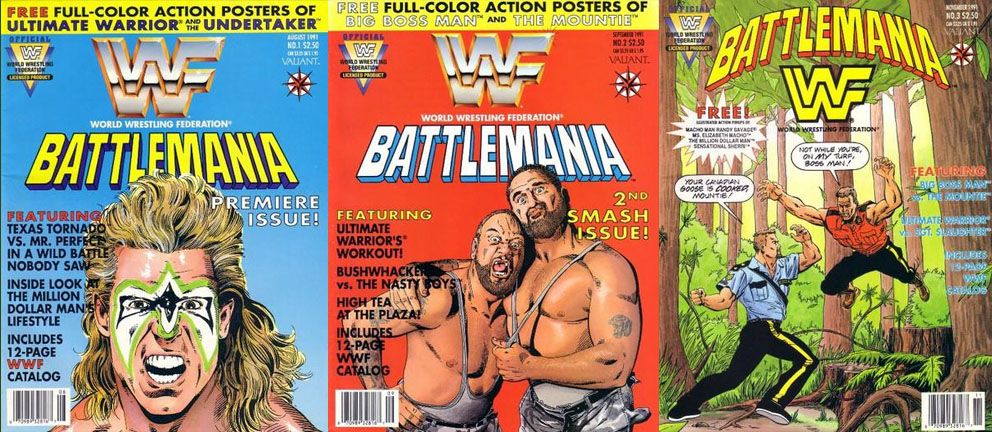

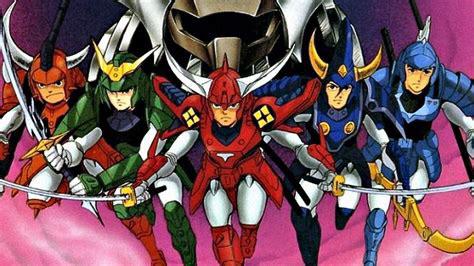
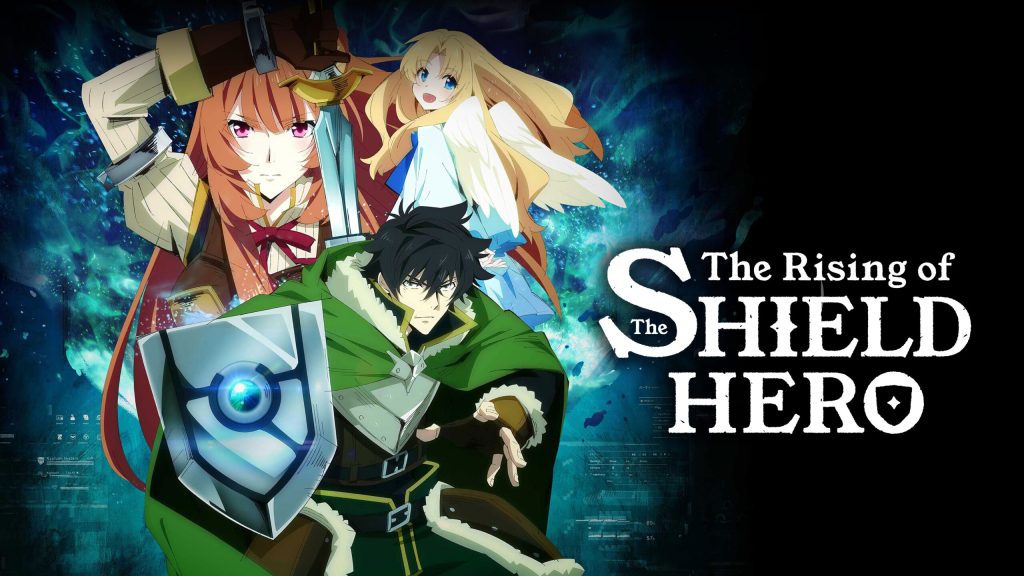

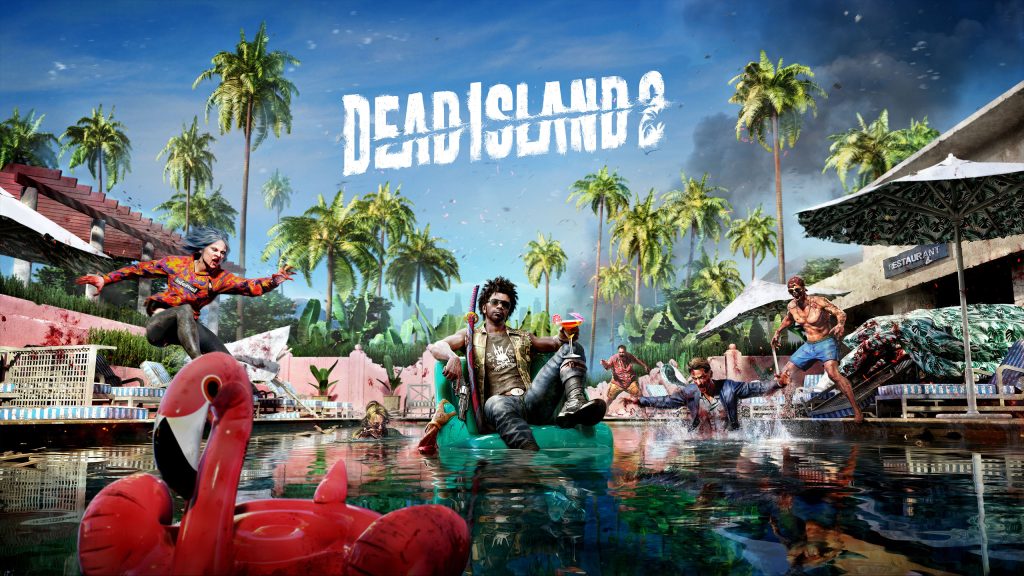
Leave a Reply